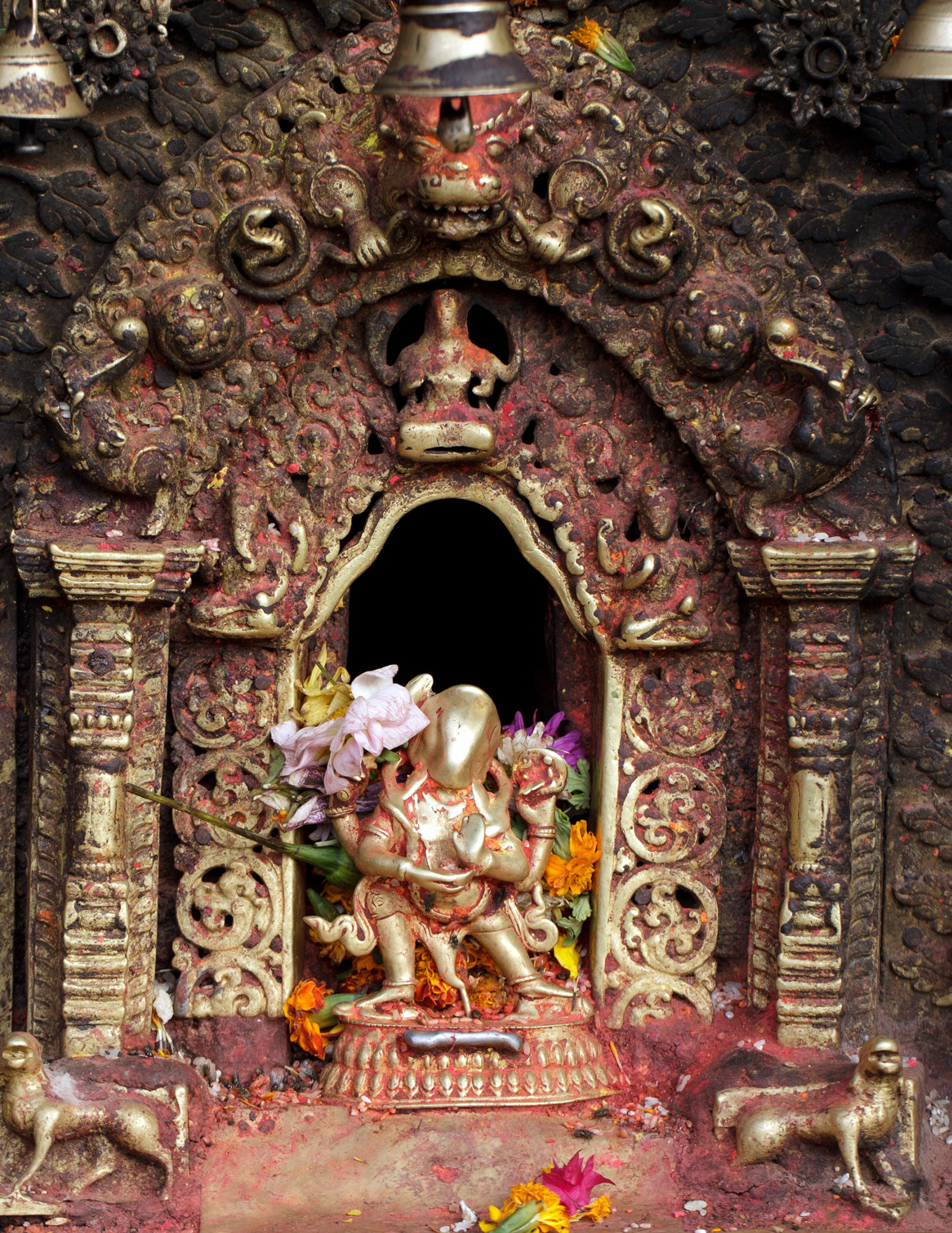
What is
Tantra?
Tantra is an ancient spiritual practice that seeks to unify the mind, body, and spirit through the awakening and harnessing of energy. Rooted in Eastern philosophies, tantra is more than just an intimate practice—it's a holistic approach to life that encourages deeper self-awareness, connection, and transformation. By focusing on the flow of energy within and around us, tantra invites us to experience life with greater presence, mindfulness, and pleasure.
At its core, tantra is about conscious living. It encourages us to embrace every aspect of ourselves, honor our desires, and cultivate a deep connection to our inner wisdom. While many associate tantra with sensuality, it is far more expansive. Tantra encompasses breathwork, meditation, visualization, movement, and energy practices, all designed to help you become more attuned to the energy of life and create harmony within yourself and in your relationships.
Life-changing impact.
Exploring tantra allows you to step into a deeper, more awakened version of yourself. Whether you're single or in a relationship, tantra offers the opportunity to reconnect with your true essence, rediscover your desires, and cultivate profound connection with others. Through tantra, you can:
Awaken your energy and connect with your body in a deeper way.
Release emotional blocks that hold you back from living fully and authentically.
Enhance communication and emotional intimacy in your relationships.
Experience more pleasure in all areas of your life, not just in the bedroom.
Strengthen your sense of self by cultivating self-love and acceptance.
Unite your physical, emotional, and spiritual selves in a harmonious flow.
More Than Just Intimacy.
While tantra is often associated with intimate connection, its benefits extend far beyond the bedroom. Tantra is a way of life that teaches us to live in harmony with ourselves and others. It is about being fully present in each moment, embracing all aspects of life, and living with a sense of purpose and joy.
Through tantra, you’ll learn how to bring more mindfulness, presence, and energy into every part of your life—whether it's your relationships, your work, or your personal journey. The practices can help you develop a deeper sense of self-awareness, emotional intelligence, and spiritual growth, allowing you to navigate life’s challenges with greater ease and confidence.
your tantric duo.
At Inner Alchemy X, we are dedicated to helping you explore and experience the transformative power of tantra. We are a passionate team with unique skills and a deep commitment to guiding you through this sacred journey.
In our relationship, we’ve experienced profound, life-changing moments through our own practice of Tantra and Kundalini awakening. The connection and transformation we've felt have been so deeply meaningful that not sharing it with others would feel like a disservice to the potential for healing and growth in humanity. We believe that these practices can help others unlock their own power, presence, and deep intimacy, and that's why we feel called to teach and share. Our intention is to offer this powerful path of healing, love, and connection to those who feel ready to embrace it.
I am a Polarity Therapy and Human Design specialist, deeply passionate about helping individuals connect with their inner healing abilities. Through my work, I empower my clients to tap into their energy, release limiting beliefs, and unlock their full potential in both love and life. I believe that tantra is not just about connection with others, but also about a deep connection to one’s own soul.
My partner, who holds a degree in team building and leadership development, brings a unique perspective to our work. His expertise in communication and creating open, authentic dialogue enhances our approach to tantra, allowing us to guide you in building trust, understanding, and emotional intimacy with yourself and your partner. Together, we offer a well-rounded approach, combining the best of energetic healing, somatic practices, and personal growth strategies to create a transformative experience for our clients.
We are here to walk beside you as you embark on your tantra journey, offering the support, tools, and wisdom to help you awaken, heal, and grow in every aspect of your life. We both have extensive spiritual studies in various philosophies and modalities, and while we don’t claim to be authorities, we are passionate about continually learning and sharing the miraculous insights we discover through our own personal experiences.
Our Values & Perspectives
At our core, we believe that tantric practices are deeply personal and transformative, aimed at individual spiritual liberation. We do not advocate for strangers performing tantric exercises together. While tantra can be a powerful tool for connection and growth, it requires a foundation of trust and mutual respect, which is best cultivated in solo practice or with a known and trusted partner. We prioritize self-awareness and inner exploration, believing that each person's spiritual path is their own to navigate.
In our workshops, we do not perform hands-on bodywork. We believe that the true power of tantric work lies within each individual, and no one else can do the work for you. This process of self-liberation is personal and must come from within. We question the motives of those who perform sexual bodywork on their clients, as we do not see this as necessary or conducive to true healing or spiritual growth. Tantra, in its purest form, is about expanding consciousness, not external manipulation. Our role is to guide and support, not to impose physical interventions. We trust in the wisdom of the individual and the sacred nature of their journey.
By embracing tantra in a way that honors personal sovereignty and integrity, we aim to create a safe space where individuals can unlock their own potential for spiritual and emotional growth.
Respecting the Roots of Tantra: Cultural Exchange vs. Cultural Appropriation
Tantra, like many other spiritual practices, has origins deeply rooted in specific cultural and historical contexts. Some believe that using tantric teachings outside of their culture can be considered cultural appropriation, while others argue that such knowledge can be shared and adapted for universal benefit, as long as it’s done with respect.
Cultural Exchange vs. Appropriation:
Cultural exchange occurs when ideas, traditions, or practices are shared in a way that is mutual and respectful, acknowledging their origins. In contrast, cultural appropriation happens when elements of a culture are taken out of context, trivialized, or commercialized without regard for their significance. When adopting tantric practices, it’s crucial to approach them with deep respect, acknowledging their cultural roots and using them for personal growth and transformation rather than as a trend or commodity.
Globalization and the Sharing of Knowledge:
In today’s globalized world, practices like tantra can be shared across cultures for the benefit of all. Cultures have always influenced each other, often for the better. However, it’s important to approach such teachings thoughtfully—recognizing their sacredness and honoring their context. Global exchange, when done respectfully, allows these practices to evolve and reach a wider audience, enhancing personal and collective well-being.
Racism and Cultural Exchange:
The idea that different cultures can share wisdom should not be viewed as racist. Cultures are dynamic and continually influence one another. However, it’s crucial that such sharing occurs in a way that acknowledges the depth and significance of the original teachings. In the case of tantra, this means understanding and respecting its history and purpose, rather than appropriating it for superficial or commercial use.
In short, using tantra or any cultural practice from another tradition can be a beautiful form of exchange if done with mindfulness, respect, and acknowledgment of its origins. Learning from different cultures enhances our shared humanity—helping us grow spiritually and personally. We encourage practitioners to engage with tantra and similar practices with reverence, ensuring that we honor the roots from which these teachings come.
Tantra Origins & Misconceptions
David Gordon White, a professor featured in the Netflix documentary Unwell, offers a perspective on tantra that differentiates between traditional tantric practices and what is often referred to as "Neo-Tantra." He asserts that Neo-Tantra, which focuses heavily on sexual energy and intimacy, is a modern reinterpretation of the ancient tradition, primarily popularized in the West. According to White, Neo-Tantra often neglects the more spiritual, ritualistic, and disciplined aspects of traditional tantra, which was deeply connected to spiritual awakening, meditation, and energy cultivation.
White's perspective also touches on the claim that some traditional tantric practices involved rituals that could be interpreted as invoking "demonic possession" or confronting powerful forces. However, this claim is often exaggerated and applies mainly to specific left-hand path tantric traditions, which represented a smaller, esoteric segment of the broader tantric tradition. Traditional tantra, especially in Hinduism and Buddhism, focuses on union with the divine and transcending dualities rather than invoking demonic forces.
In modern Neo-Tantra, the emphasis shifts towards mindful sexuality and personal empowerment through sexual energy, often without the complex spiritual framework that historically surrounded the practice. This shift has led some to misunderstand or oversimplify tantra’s origins and purpose, turning it into a sensationalized version of its true roots.
While White's views are valuable for historical context, they don't entirely account for the rich, evolving nature of tantra as it is practiced today. Contemporary tantra, especially in its Neo-Tantric forms, still draws from the ancient tradition but adapts its teachings to modern needs, focusing on intimacy, healing, and self-awareness.
In sum, Neo-Tantra's focus on sexuality and personal empowerment is distinct from traditional tantra’s broader spiritual goals, but both share a commitment to integrating mind, body, and spirit. The claims of tantra's association with "demonic possession" are largely misunderstood, and the sensationalized portrayals of tantra in media, like Unwell, don’t always reflect the holistic nature of the practice.
Sources:
Unwell Documentary, Netflix
White, David Gordon. Tantra in Practice, Princeton University Press, 2000.
The Kama Sutra - is it Tantra?
The Kama Sutra and tantric practices, while both originating from ancient India, are fundamentally different in their purpose and approach. The Kama Sutra, often misinterpreted in modern times as merely a manual of sexual positions, is a text primarily concerned with the art of living, which includes sexual conduct, but also covers relationships, social duties, and personal conduct. However, it is often criticized for being limited and patriarchal, with gender dynamics that can be seen as sexist, as it largely centers around the pleasure of men and does not emphasize spiritual liberation (Doniger, 2002; Nanda, 2009).
In contrast, tantric practices are rooted in spiritual liberation, focusing on using sexual energy as a transformative force for spiritual awakening, self-realization, and the union with the divine. Tantra embraces the concept that sexuality, when approached mindfully and consciously, can be a path to transcendence and holistic healing, integrating mind, body, and spirit. The practice is not solely about sexual pleasure but aims to expand consciousness and connect deeply with oneself and the universe (Feuerstein, 1998; White, 2000). Thus, while both traditions come from a similar cultural background, tantra is a much more comprehensive and spiritually focused system, unlike the more secular and limited teachings of the Kama Sutra.





